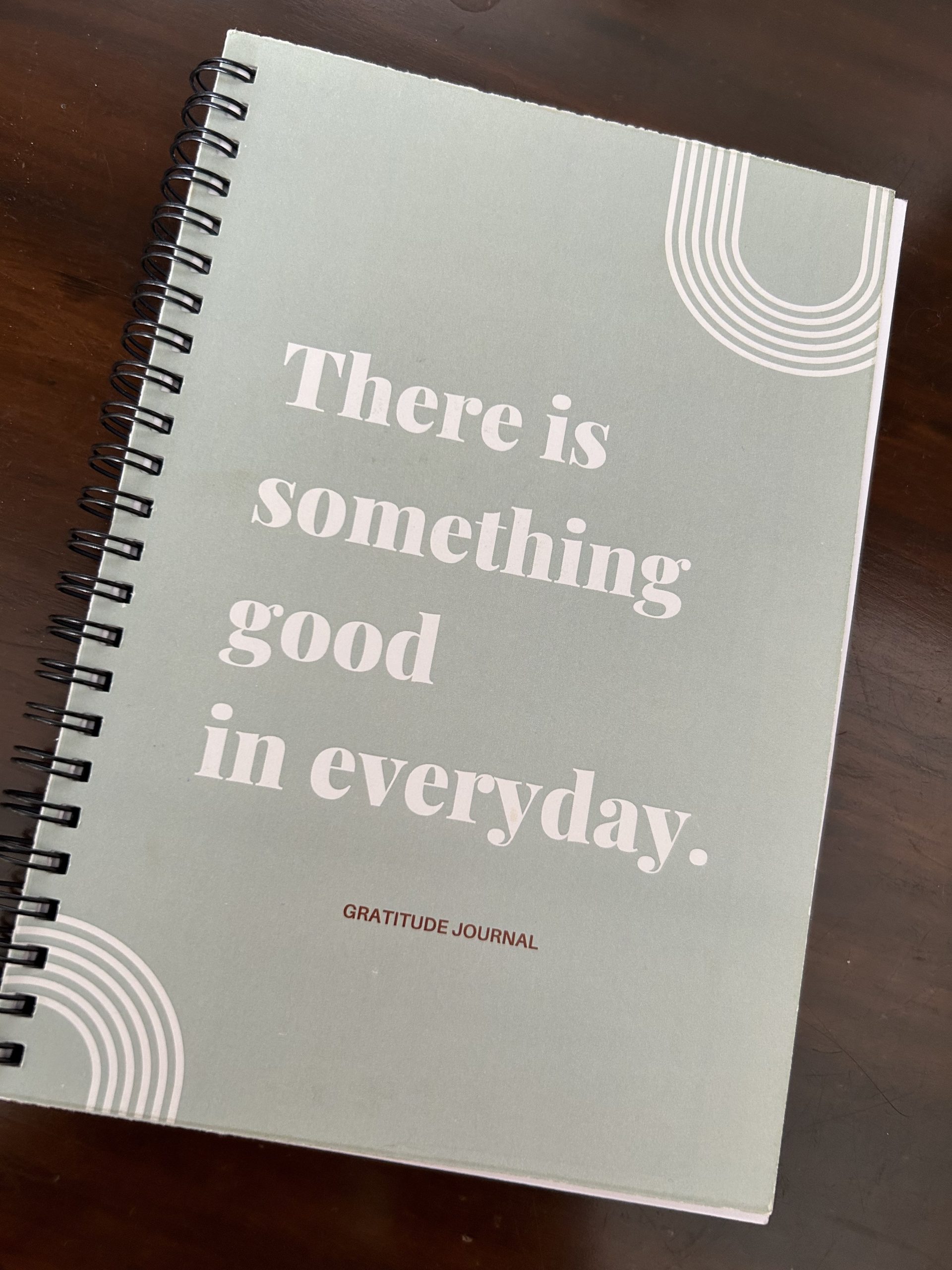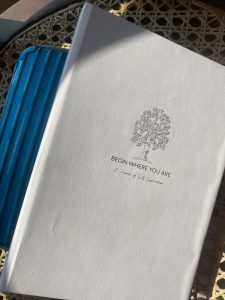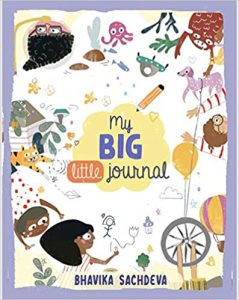Count Your Blessings, name them one by one….goes a popular hymn. the role of gratitude in enhancing mental wellbeing is an age-old concept. It fosters a positive mindset and emotional resilience. When individuals cultivate a habit of expressing gratitude for the things they have, whether big or small, it shifts their focus from what is lacking to what is abundant in their lives. This shift in perspective can lead to reduced stress, anxiety, and depression. Grateful people tend to experience higher levels of positive emotions, satisfaction, and vitality, contributing significantly to their overall psychological health. Moreover, practicing gratitude enhances social connections and empathy, as grateful individuals are more likely to appreciate the kindness of others and acknowledge the support they receive, leading to stronger interpersonal relationships. Embracing gratitude encourages individuals to savour positive experiences, cope better with challenges, and develop a sense of inner peace, ultimately promoting a healthier and more resilient state of mind.
We chat with Neelam Vakil, an experienced Psychologist who runs the Pure Minds Centre in Mumbai, about a newly designed Gratitude Journal, born out of her vast experience in psychotherapy. Readers may contact via website Pure Minds or on +91 836 946 1572 for purchasing the Journal.
You are a clinical psychologist and have been involved in providing psychotherapy for a long time now. What prompted you to design this gratitude journal?
As a clinical psychologist, my passion lies in helping individuals cultivate self-awareness and mental well-being. Designing this gratitude journal was prompted by a desire to offer a tangible tool that combines gratitude practice with reflection and personal growth, fostering a holistic approach to self-improvement.
Journaling is a very important self care activity and there are just so many on the market. What do you think sets this journal apart?
What sets the Pure Minds Gratitude Journal apart is its unique approach. Unlike ordinary journals that require daily entries, this journal consists of life lessons on various topics. It serves as a companion in your journey towards self-improvement, offering not just pages to fill, but insightful reflections that help you gain a deeper understanding of yourself and the world around you. Journaling is especially important in today’s fast-paced world, providing a valuable space for self-care.
I also notice that there is a reflective aspect in the journal. There is a question about what you learnt today. I think over time this makes you more mindful about your day. What is the thought you had in mind?
The reflective aspect in the journal, particularly the question about what one learned today, serves as a powerful mindfulness exercise. It encourages individuals to pause and consciously acknowledge their experiences, fostering a deeper sense of self-awareness and appreciation for the learning moments, no matter how subtle.
There is a question about what you are looking forward to for the next day...
The question about what one is looking forward to for the next day is a vital aspect of positive psychology. It invites individuals to set intentions and cultivate a forward-looking mindset, promoting a sense of purpose and anticipation for the day ahead.
The journal is a part of a much larger self-care kit. Could you elaborate on that?
The journal is part of a larger self-care kit that complements the practice of gratitude. The elements in the kit, including the affirmation cards, candle, stickers, paper flower, are carefully curated to create a sensory-rich experience that amplifies the impact of the journal. Together, they provide tangible tools for self-discovery, resilience, and gratitude.
What advice would you like to give users about the continued use of the journal. How can they optimise it?
To optimise the use of the journal, I would advise users to make it a consistent part of their daily routine. Set aside a specific time each day for reflection, and engage with the prompts authentically. Additionally, incorporate the other elements of the self-care kit into your routine for a more immersive experience.
Once the journal is complete how do you think it could be of continued help?
Once the journal is complete, it transforms into a powerful keepsake. Reviewing past entries can serve as a source of inspiration, reminding individuals of their growth and resilience. It can also be a valuable resource during challenging times, offering a tangible reminder of their inner strength and capacity for gratitude.




